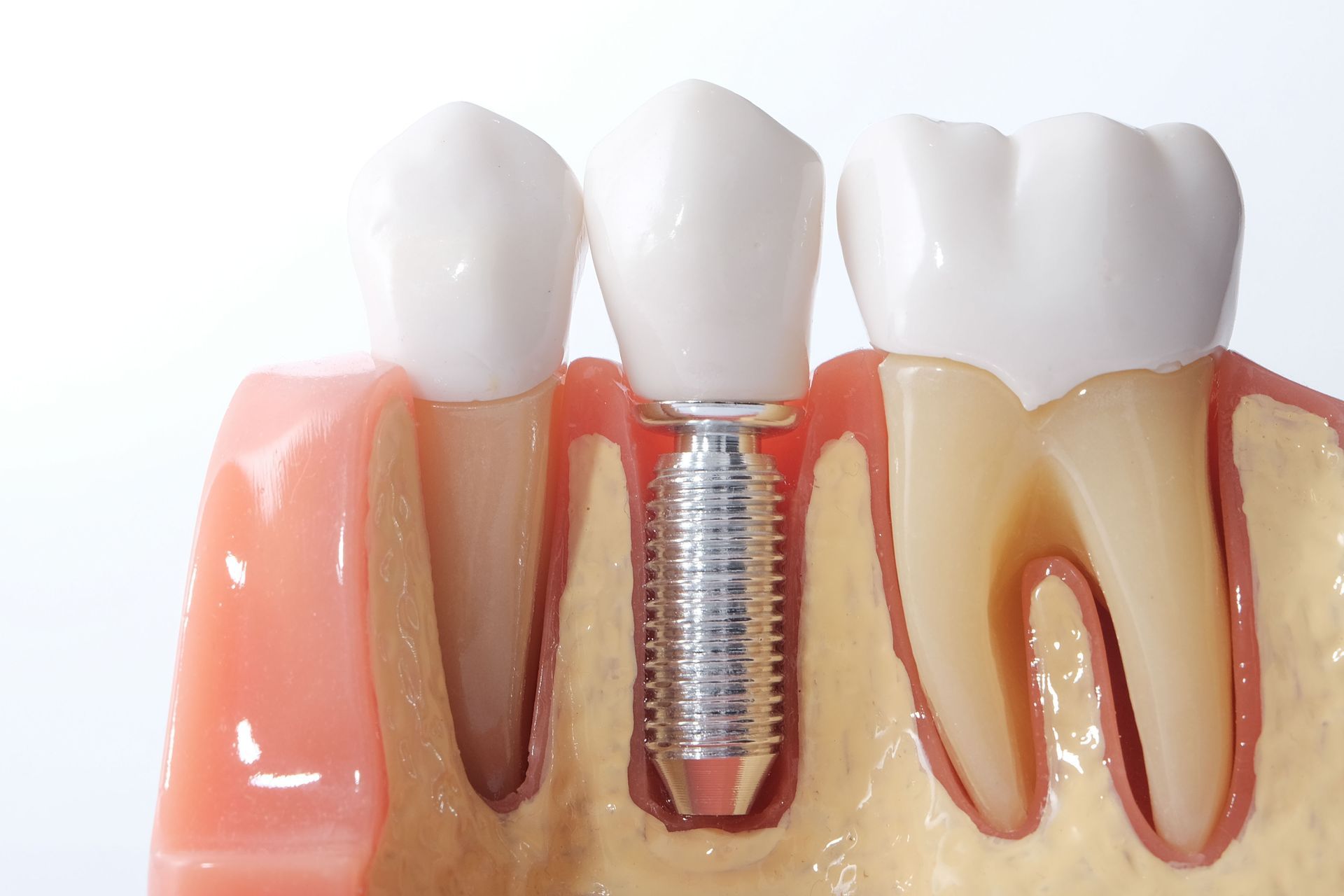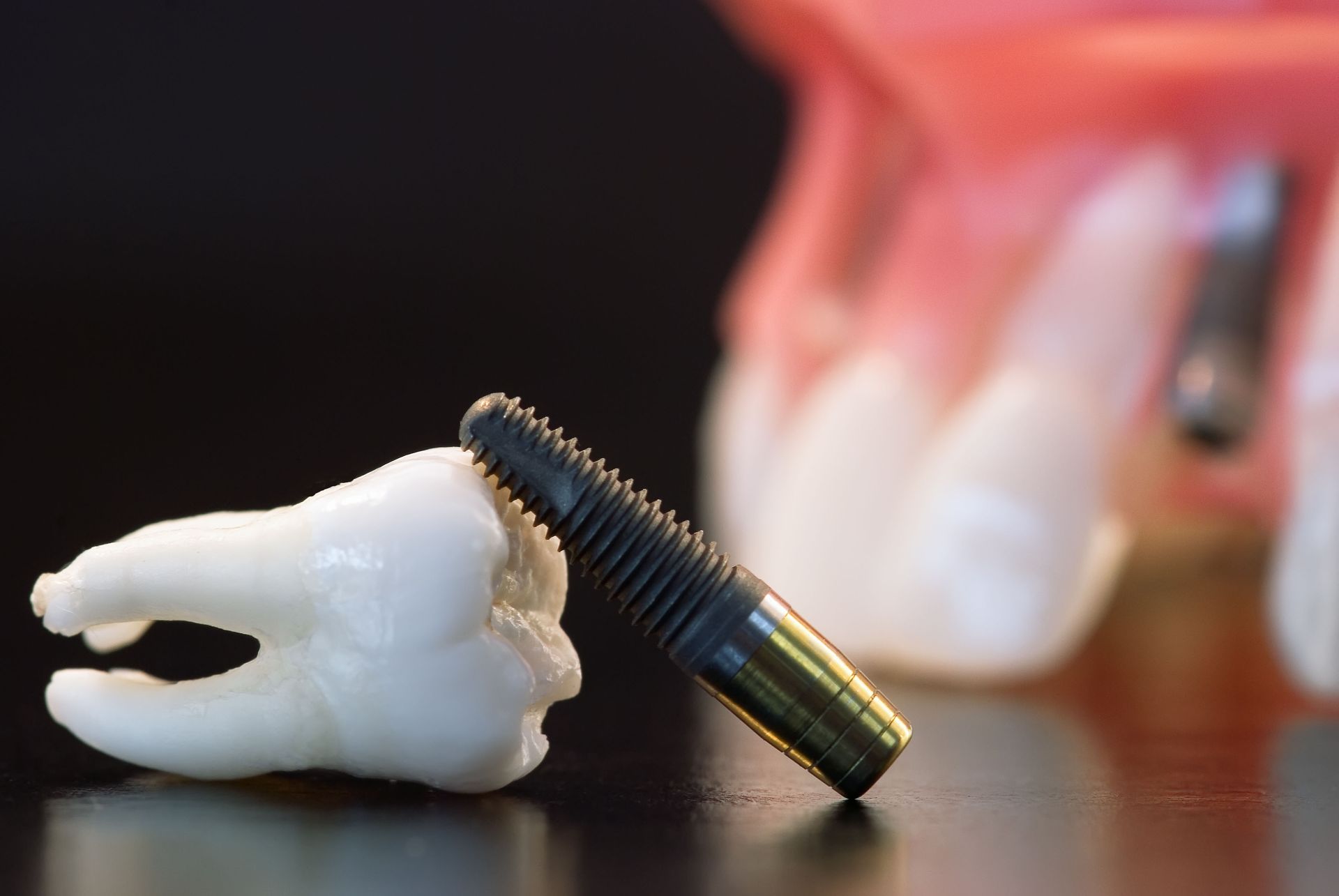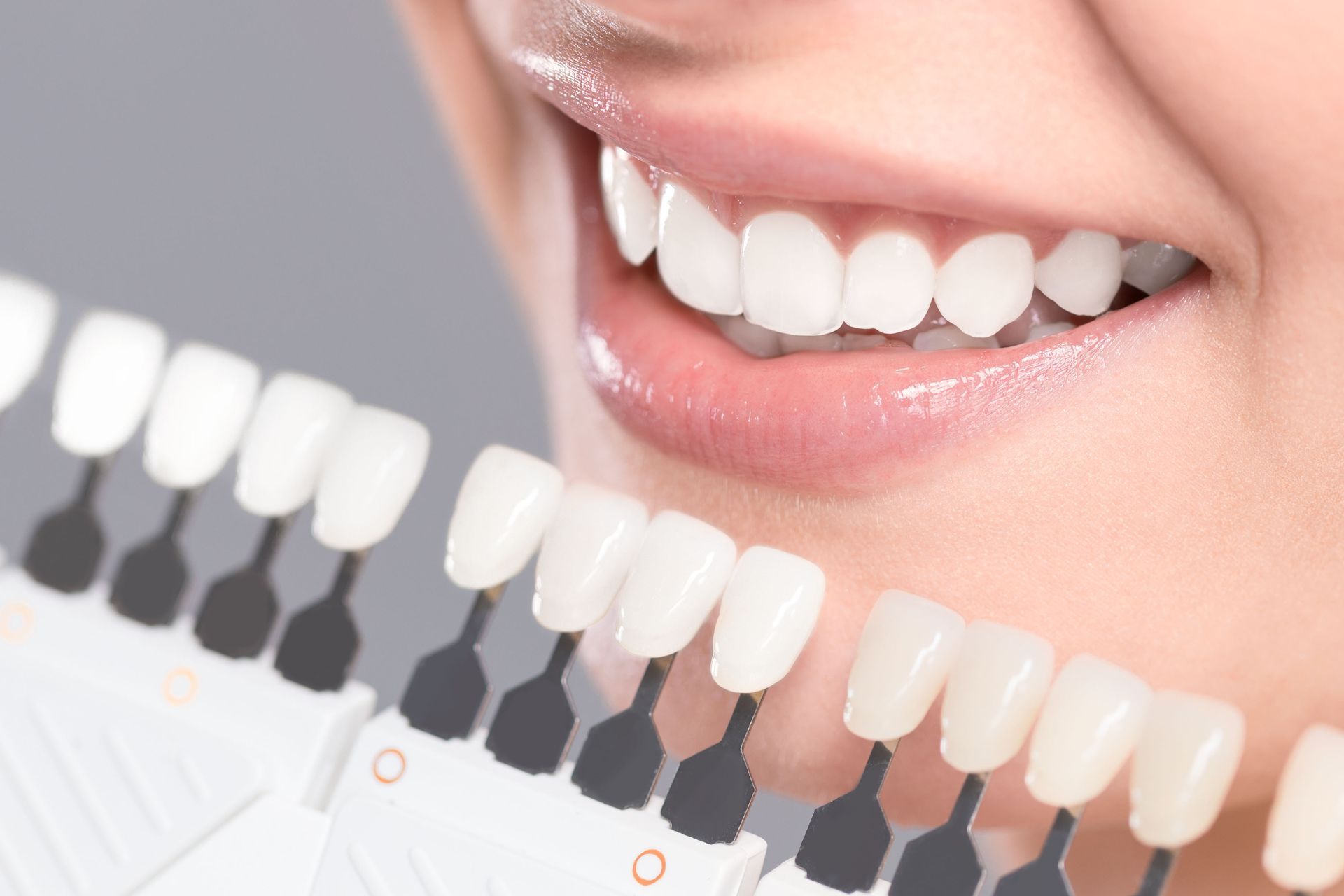What to Know About Dental Implants
There are various reasons why a tooth could be missing. It could be because of decay, gum disease, injury, or even a genetic condition. According to the American College of Prosthodontists, 178 million Americans are missing at least one tooth. If you'd like your broken tooth to be fixed, you may consider looking into affordable implants.
Here's what you need to know about dental implants.
The Importance of Getting Your Broken Tooth Fixed
Having a missing front tooth greatly affects self-esteem. Whether a front or back tooth is missing, it can also cause serious dental issues, such as:
- Difficulty chewing
- Bite irregularities
- Loss of jawbone
- Shift in neighboring teeth
If you're concerned about the look of your teeth and how they'll be affected if you don't take action, consider learning more about affordable implants.
How Implants Work
Implants are one way to replace missing teeth, and they're an excellent choice for permanently replacing lost teeth since they function similarly to natural teeth. A dental implant is where a screw-like device is inserted into the jawbone. This artificial root holds up the crown, which is custom-made to the shape and color of the patient's teeth. Over time, the artificial root fuses with the jawbone.
Advantages of Implants
Here are a few benefits of using implants:
- Steady support: The bone grows around the implant, thus providing steady support to it.
- Aesthetics: The crown of the implant is made to resemble the other teeth, so it will look and feel like a real tooth.
- Better oral health: The implant does not affect other teeth and fills the gap left by a missing tooth. Food does not accumulate in the gap, thus reducing the risk of cavities in nearby teeth.
- Eliminates the problems caused by wearing dentures: Dentures can cause difficulty in chewing, speech, and general discomfort if worn for too long.
- Inhibits bone loss: The jawbone needs stimulation to maintain its mass. With a missing tooth, bone loss increases. Implants reduce bone loss, as they provide the stimulation needed to maintain its mass.
Differing Options
If you choose to go with dentures to fix your broken tooth, there are usually more visits to the dentist compared to getting implants. Dentures can slip out if not secured properly with adhesive, and they need to be maintained and kept clean to avoid the risk of infection.
If you ask for a dental bridge, it will need to be replaced every five to seven years. There's also a risk of damaging the nearby teeth and a risk of more cavities and decay in the nearby teeth, which increases the number of needed visits to the dentist.
When you need a cost-effective option to fix your broken tooth, consider affordable implants. Consult David M. Shemo, D.M.D for advice on the best option for you today!











Share On: